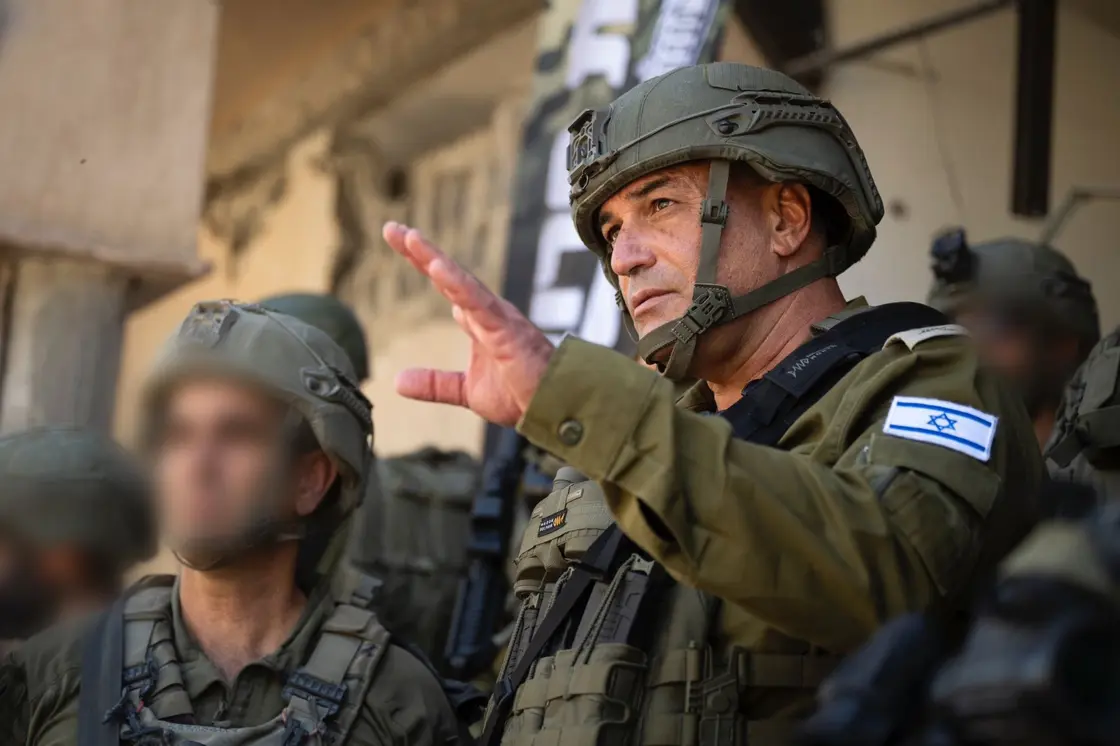T4K3.news
Israel expands Gaza operation
Israel plans a large mobilization for a new phase of operations in Gaza City amid stalled ceasefire talks.
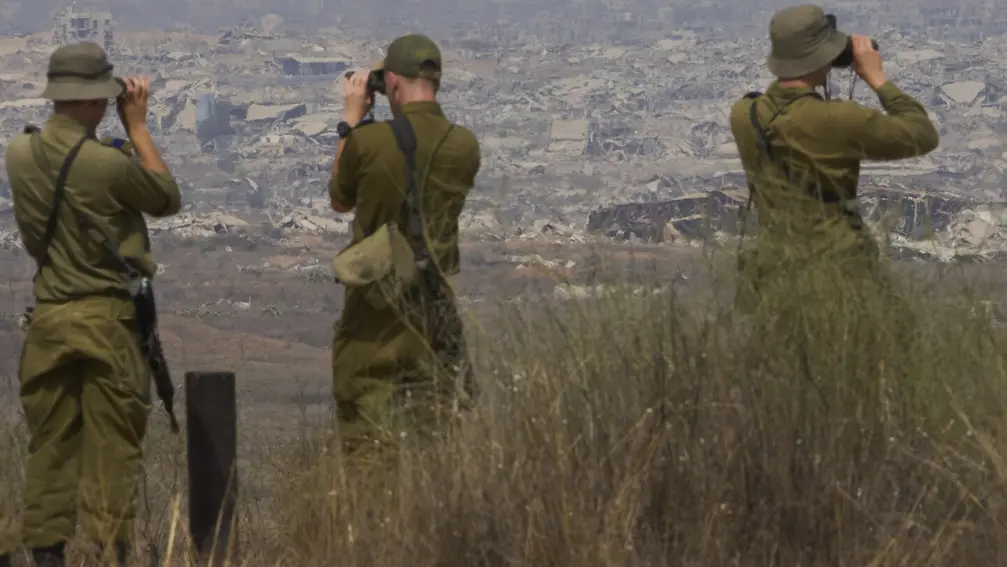
Israel plans a large mobilization for operations in Gaza City as talks for a ceasefire stall, raising the stakes for civilians and diplomacy.
Israel moves to a new phase of war in Gaza
Israel says it will call up 60,000 reservists and extend service for 20,000 more as it prepares a new phase of operations in parts of Gaza City. Officials describe the move as a step to target Hamas’ tunnel network and to widen ground activity that has already begun in the Zeitoun and Jabaliya neighborhoods. A large mobilization, including an estimated 50,000 reservists in the coming month, could press the pace of the fight in densely populated areas. Negotiations in Cairo continue, but there is no confirmed ceasefire, and international observers warn the humanitarian situation could deteriorate further.
The plan has sparked concern about civilian harm, displacement, and the broader regional impact. Gaza’s Health Ministry says casualties keep rising, and aid groups warn of a worsening crisis as residents scramble for shelter and food. Families of hostages and former security chiefs have voiced opposition to a renewed Gaza City offensive, arguing it could undermine efforts to bring hostages home. Analysts question the feasibility of eradicating Hamas while hostages remain, underscoring the political risk in pursuing a hard-line military objective.
Key Takeaways
"War tests restraint more than it tests armies."
Editorial reflection on strategy and restraint.
"Hostages are not bargaining chips they are people."
Comment on hostage crisis at the heart of talks.
"Diplomacy needs space to breathe even as missiles fall."
Observation on ceasefire talks under pressure.
"Displacement becomes a quiet catastrophe the world cannot ignore."
On humanitarian impact of the new phase.
The mobilization signals a shift from containment to an expanded battlefield, likely drawing more civilians into harm’s way. It also tests the limits of diplomacy; even as mediators push for a ceasefire, hard deadlines and shifting battlefield realities can erode trust between negotiators and the people trapped in Gaza. Domestic opposition among reservists and political figures adds another layer of risk for leadership, turning battlefield calculus into electoral and diplomatic leverage. The struggle to balance security aims with humanitarian imperatives will shape both Israel’s strategy and international responses in the weeks ahead.
Highlights
- War tests restraint more than it tests armies
- Displacement is the human toll no one can ignore
- A ceasefire may hinge on more than battlefield moves
- Hostages shape every future deal
Sensitive political and humanitarian risks
The planned expansion of operations in Gaza City increases the risk of civilian casualties, mass displacement, and regional backlash. It intensifies hostage negotiations and heightens international scrutiny, making policy choices politically sensitive and potentially controversial.
The next steps will test both resolve and humanity.
Enjoyed this? Let your friends know!
Related News
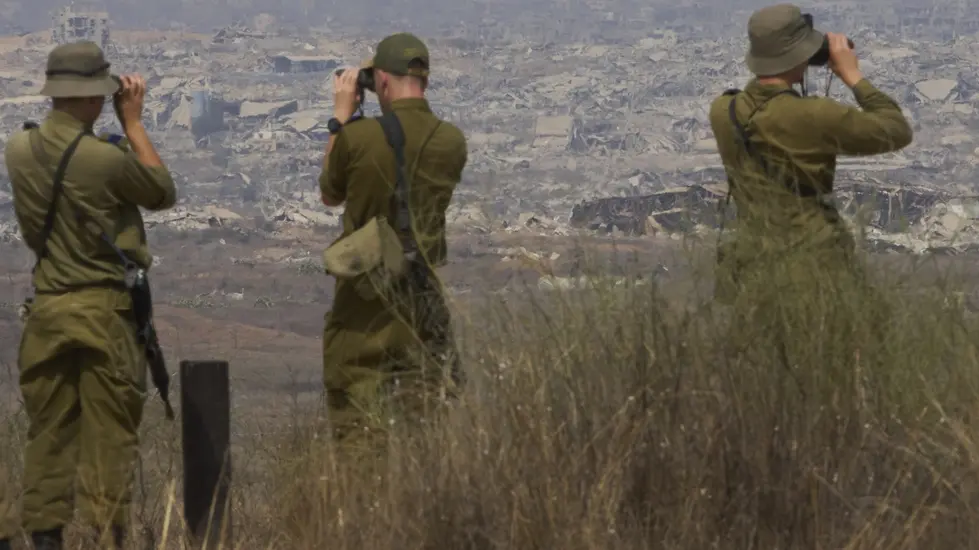
Israel expands reservist call up
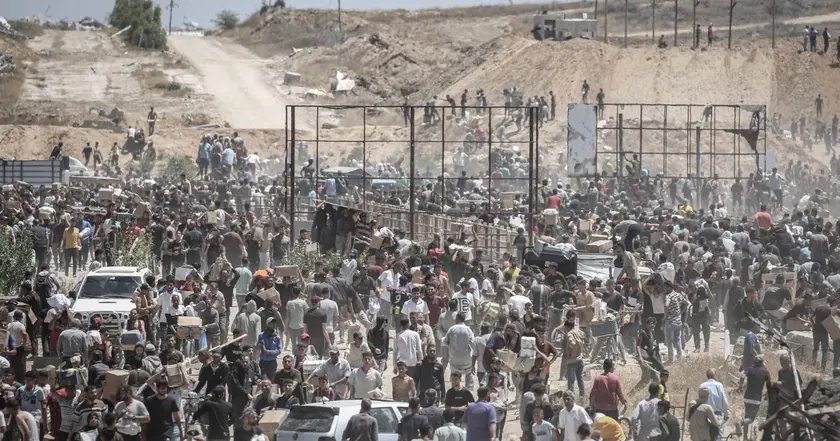
Israeli Forces Face Allegations of War Crimes
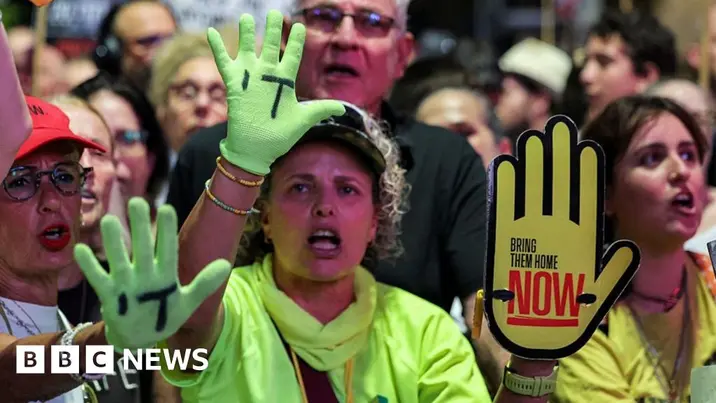
Protests Grow as Israel Debates Gaza War Expansion
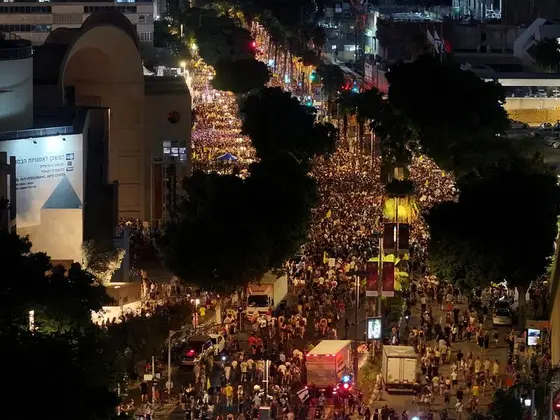
Reservists grow disillusioned as Gaza operation expands
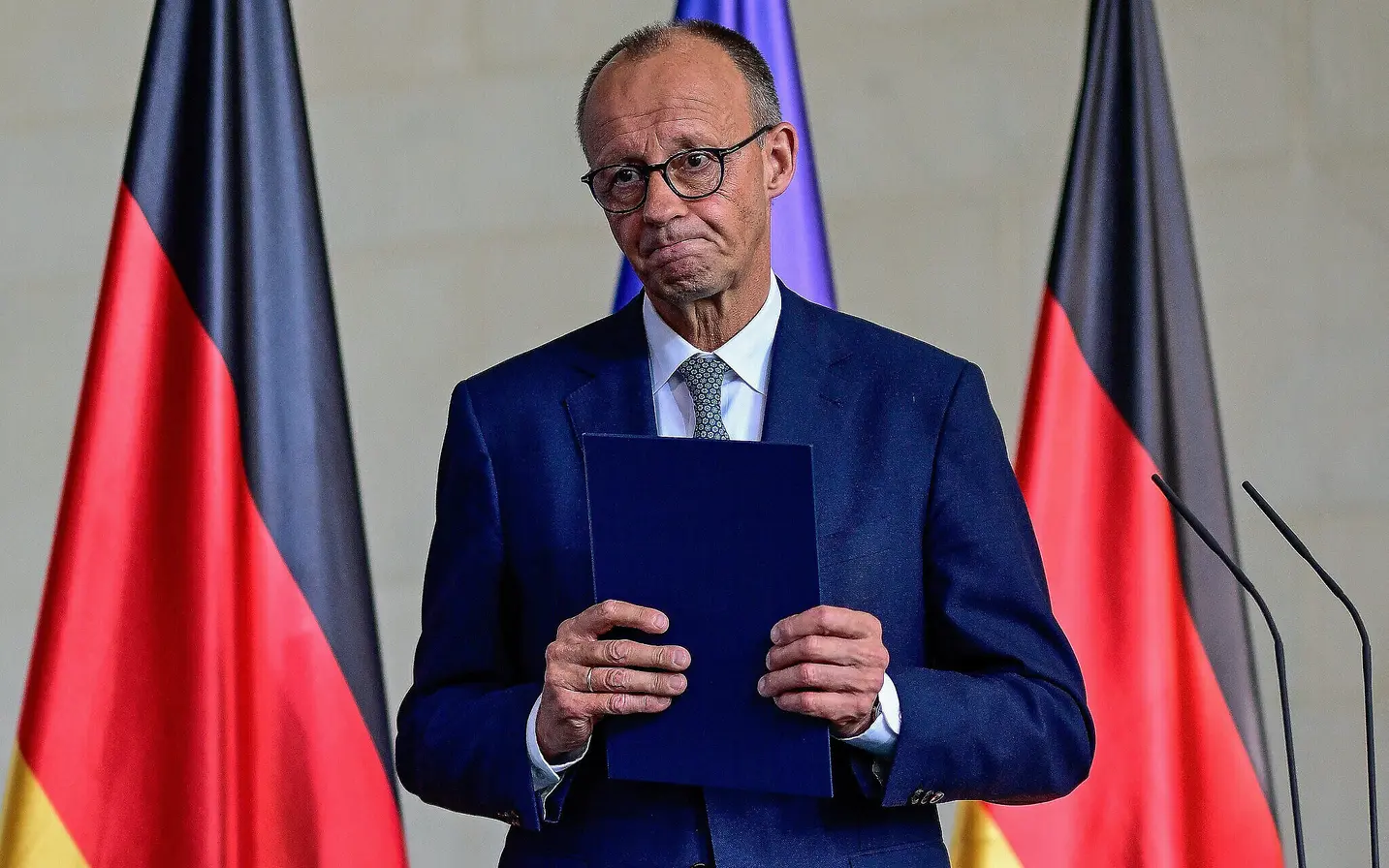
Germany suspends arms exports to Israel over Gaza plan
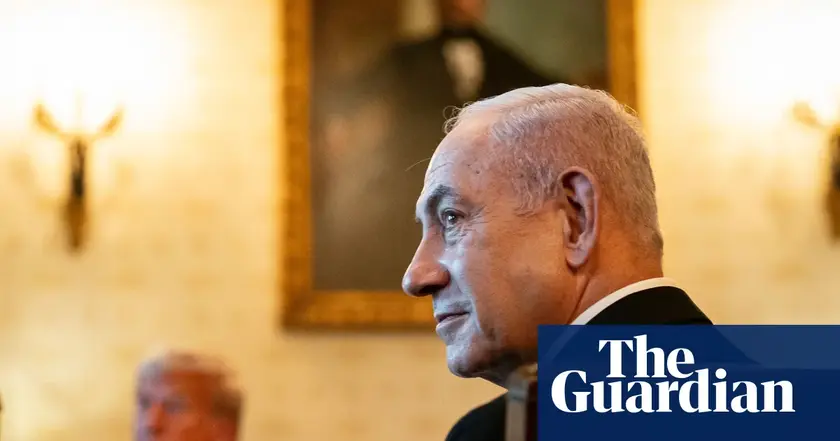
Former Israeli officials ask Trump to help resolve Gaza conflict
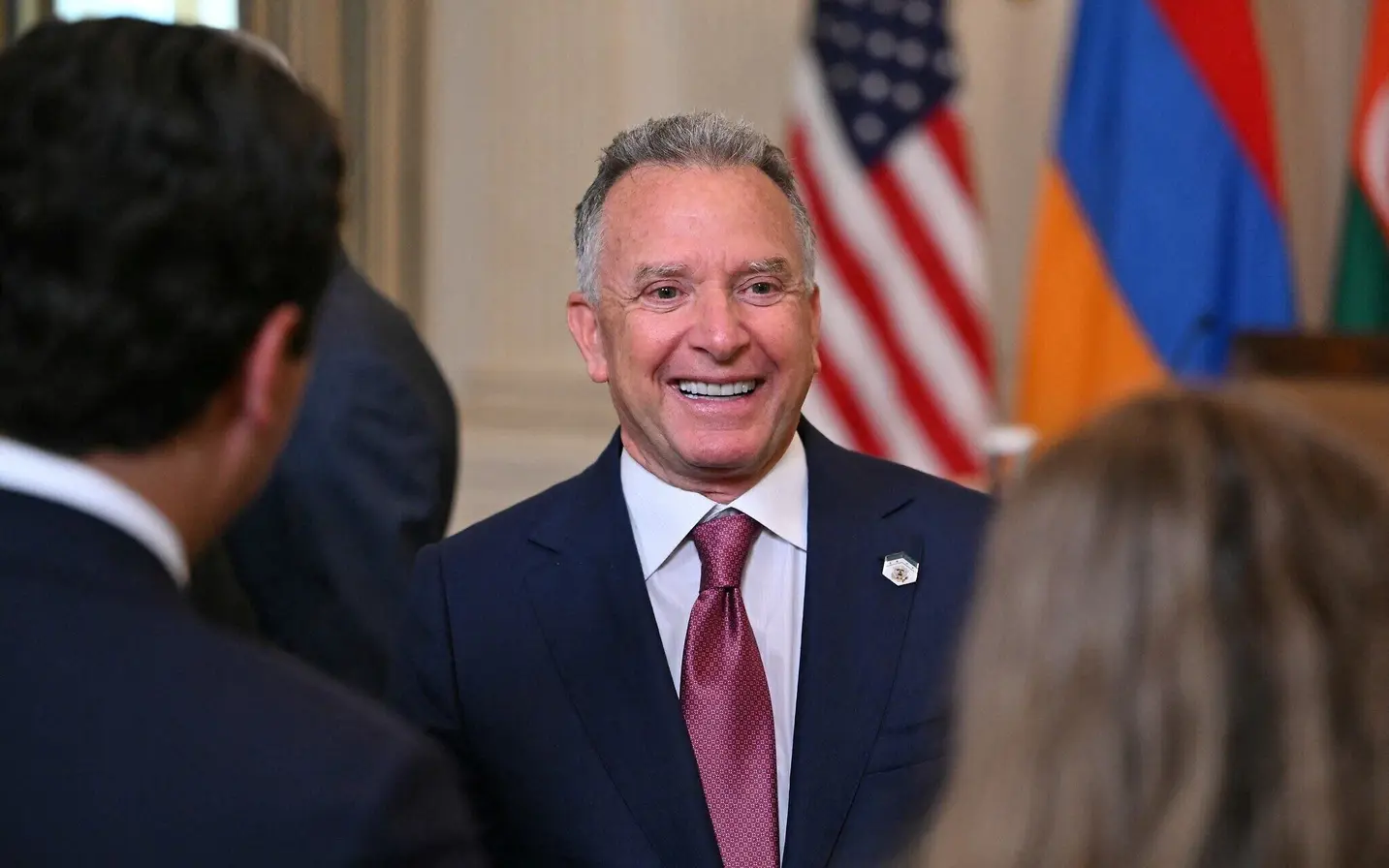
Diplomacy pressed as talks continue
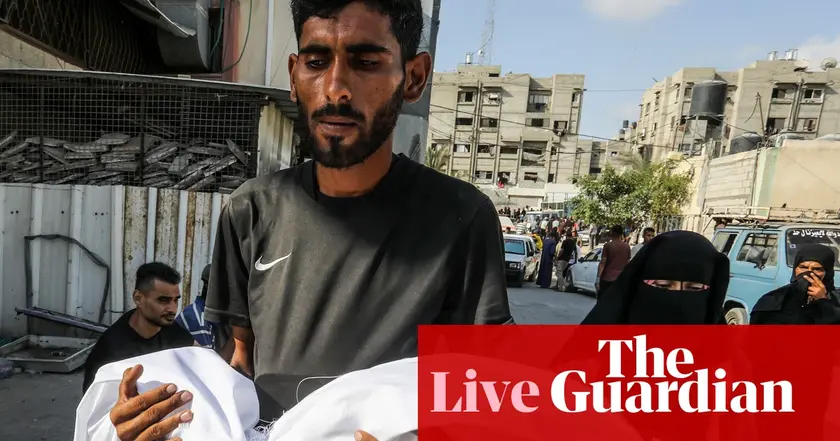
Six killed as civilians gather for aid in Gaza
